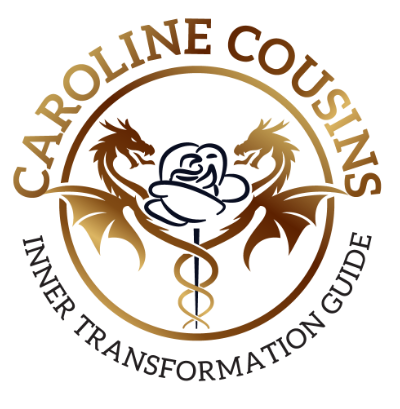Rejection is something we all experience in life whether it is within friendships, intimate relationships, family work, sports, school, hobbies or as a performer.
Let’s face it, rejection can really hurt. Particularly when you have your heart set on something or someone, and the other party in question just doesn’t feel the same way about you. If you are a performer, it is something you have to learn to accept as par for the course, because of the highly competitive nature of the entertainment industry.
So why do we get so hurt and upset when we’re rejected?
Well it all stems, ultimately, from how we feel about ourselves at our core and it’s also because we have placed so much meaning and intention in the outcome of the relationship (business or otherwise), that our expectations haven’t been met and it triggers something deep inside of us.
That’s why we so often react with anger, disbelief and heartbreak. We formed an attachment to a particular outcome and when it wasn’t met, it highlights what we are feeling about ourselves at a subconscious level.
A common reaction is to blame the person or situation in some way for not coming up to the mark: “They weren’t organised.” “I did all this for her.” “He never cared about me.” “It’s so unfair!” “They’d clearly already given the role to someone else.” “They didn’t give me enough time to show my skills.”
The behaviour within us that raises these blame statements doesn’t want to take responsibility that, for some reason, we just didn’t “fit” with the other person or role. Judgements arise from within about ourselves, such as “I don’t feel good enough”, “I am useless”, or “I am to blame”, and the act of rejection is akin to putting salt on an open wound so, naturally, we react.
So how can we deal with rejection better?
- Realise that rejection from another means that you are not the right fit for them – and that’s ok. It doesn’t mean that there is anything wrong with you at all. It just means that, for a particular role, others had someone or something else in mind. In more personal relationships, accept that the other person doesn’t have the same expectations as you and accept their decision. Perhaps there are differences in values or expectations between you. You don’t want to be with someone who doesn’t feel the same way about you and you cannot force someone to want or love you. If you try to do that, it says more about your own low self-esteem and need for love than it does about the other person’s decision.
- Don’t let it put you off. It’s very easy to lose confidence if you have been rejected once, let alone a few times. It doesn’t mean there is anything wrong with you. It just means the right role or the right person hasn’t come in for you yet. Perhaps you have been trying too hard and therefore coming from a place of “lack” within – too needy. That can push people away when we want them so much.
- Focus on what went well and what you have learned from the experience. Every experience affords us an opportunity to change a behaviour, shift or learn something more about ourselves. Take whatever challenging or upsetting experience you have had and use it as fodder to perfect your skills or enhance something about you.
- Don’t have any expectations on the outcome. Just throw yourself into the interview, audition or relationship 100% and enjoy the moment rather than carried away with how it is all going to work out 1 year, 2 years and 5 years down the line. None of us know that and so you have to keep bringing yourself back to the moment instead of being in the future. What will be will be. Accept that the right thing will happen to you in the right place at the right time and let it go.
- Most of all, practice kindness on yourself. Don’t go straight into victim mode and assume there is something wrong with you or you are not good enough. That just isn’t the case. Accept that whatever decision has been made, it is right for you no matter what your expectation was. Very often there is someone more suited to you coming in, or a better job or more enjoyable circumstances. The more you drop the resistance to the outcome, the more you come from the present moment and the more the right person, role and circumstance will arrive at your door effortlessly.






